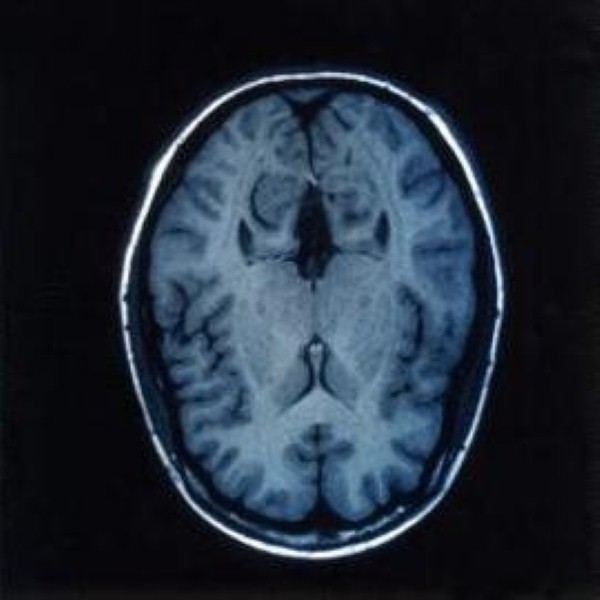Diabetics' chances of developing dementia or Alzheimer's disease could be significantly reduced thanks to a new molecule created by researchers at the Hebrew University of Jerusalem.
High levels of sugar in the blood have been identified as a risk factor in dementia, impaired cognition, and a decline of brain function in diabetics and non-diabetics alike. The chance of diabetics developing Alzheimer's disease is twice as high as those not suffering from the disease.
A potential neuro-inflammatory pathway was discovered which could be responsible for the increased risk faced by diabetics and a possible treatment has also been identified.
A study was conducted on rats in an attempt to determine the mechanism responsible for changes in the brain due to high sugar levels. Diabetic rats were found to display high levels of enzymes called MAPK kinases, which facilitate cellular responses to a variety of stimuli, leading to inflammatory activity in brain cells and the early death of cells.
When the rats were injected with a sugar-lowering drug rosiglitazone for a month, they enjoyed a significant decrease in MAPK enzyme activity and a reduction in the inflammatory processes in the brain. The study's authors say this provides the first evidence of a functional link between high blood sugar and the activation of this specific inflammatory pathway in the brain.
A series of molecules called thioredoxin-mimetic peptides (TXM) has been developed by the study's leader, Professor Daphne Atlas, over the past few years. It mimics the action of thioredoxin and protects the cells from early death through activating inflammatory pathways. These were wound to prevent the action of MAPK kinases in animal models.
One of these molecules, TXM-CB3, significantly reduced the activity of these enzymes in the rats suffering from diabetes, reducing the accelerated brain cell death. This shows the molecule was able to traverse the blood-brain barrier and lower inflammatory processes in the animals' brains, despite the high blood sugar levels.
Professor Atlas said the discovery could lead to the development of preventive treatment in humans with high blood sugar levels.

